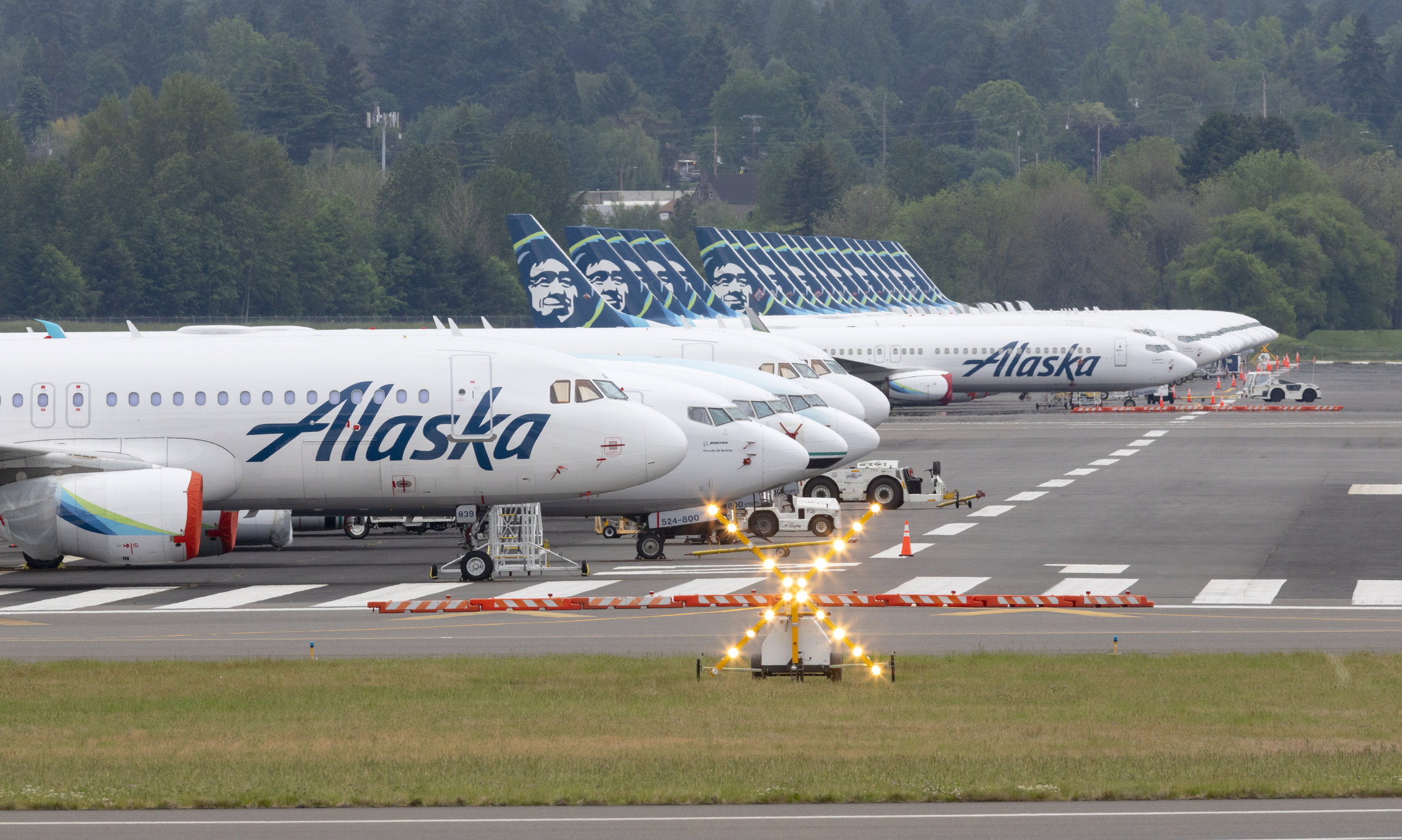The Critical Role Torque Calibration Plays in Aviation Safety
Lessons from the boeing max grounding
In the world of aviation, safety is paramount. The recent grounding of Boeing 737 Max 9 aircrafts serves as a stark reminder of the critical importance of regular torque calibrations and ensuring every component meets the strict aviation quality standards to safeguard passengers and crew. Aviation companies cannot compromise on the tools used in the build and maintenance of aircrafts, the risk is just too great, as found out by Alaska Airlines when a section of fuselage detached during a flight on Friday 5th January 2024.
The investigation into the mid-air blow out has led to the grounding of Boeing 737 Max 9 aircrafts by United Airlines and has shed light on installation issues that directly impacted the safety and structural integrity of the aircrafts.
Following a full investigation, United Airlines reported “since we began preliminary inspections on Saturday, we have found instances that appear to relate to installation issues in the door plug – for example, bolts that needed additional tightening”. In addition, Alaska Airlines also says it has found “some loose hardware” on some Max 9 aircrafts. This revelation raises questions about the calibration process and reliability of the procedures followed in the assembly and maintenance of these aircrafts.
Thankfully, none of the passengers or crew on board of the Alaska Airlines flight were injured in the incident that occurred at 16,000ft, although the plane did have to make an emergency landing.
What makes torque precision particularly crucial in the aviation industry?
Torque wrenches are precision tools used to apply a specific amount of force to tighten nuts and bolts to precise specifications. In the aviation industry, where safety margins are narrow and precision is crucial, the calibration of torque wrenches becomes paramount. Maintenance providers and manufacturers in the aviation industry should consider trusted calibration partners to ensure the following:
Safety Compliance: Aviation authorities mandate strict safety standards for aircraft maintenance. Regular torque wrench calibration ensures compliance with these standards, reducing the risk of human error in torque application and contributing to overall aviation safety.
Structural Integrity: Loose nuts and bolts compromise the structural integrity of an aircraft, posing severe safety risks. Calibrated torque wrenches help maintain the tightness required for critical components, preventing potential failures that could have catastrophic consequences.
Reliability and Consistency: Precision is non-negotiable in aviation. Calibrated torque wrenches provide the reliability and consistency needed for accurate torque application, contributing to the overall reliability of the aircraft.
Cost-Efficiency: Regular calibration of torque wrenches can identify issues early on, preventing costly repairs and potential damage to the aircraft. Proactive maintenance reduces downtime and operational disruptions, ultimately contributing to cost-efficiency.
PREventing future failures
The Boeing 737 Max 9 grounding serves as a wake-up call for the aviation industry, highlighting the need for rigorous torque wrench calibration procedures. Investing in the regular calibration of these essential tools is not just a regulatory requirement but a fundamental step towards ensuring the safety, reliability, and structural integrity of all aircraft.
Avery Weigh-Tronix are committed to serving the aviation industry and provide a full range of torque calibration services to both UKAS and traceable standards.

